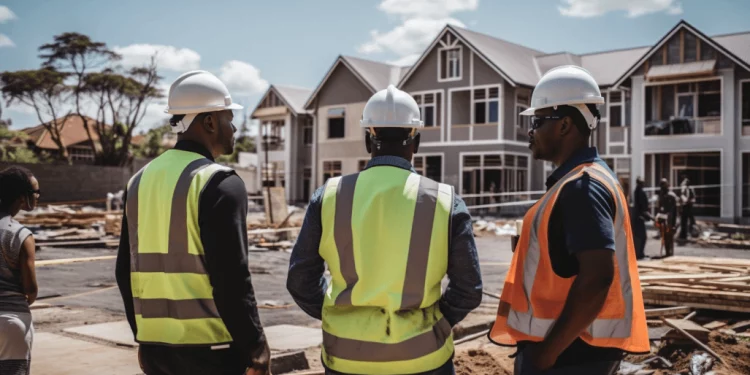The reelection of President Donald Trump and the recent closure of the U.S. Agency for International Development (USAID) are set to bring significant changes to Kenya’s real estate market in 2025. Experts predict a mix of opportunities and challenges as the administration’s policies take shape.
President Trump’s second term is expected to continue the administration’s focus on tax cuts, deregulation, and business-friendly policies. These initiatives, aimed at spurring economic growth, could lead to lower mortgage rates and increased new home construction1. However, the extent of these benefits will depend on the successful implementation of these policies and cooperation from other branches of government.
“The size and direction of a Trump bump will depend on what campaign proposals ultimately become policy and when,” said Danielle Hale, Chief Economist at Realtor.com1. “For now, we expect a gradual improvement in housing market dynamics powered by broader economic factors.”
The Trump administration’s decision to close USAID has drawn widespread criticism and raised concerns about its impact on global development projects2. The closure has already led to the suspension of numerous projects, including those related to disease response, education, and humanitarian aid.
In Kenya, the closure of USAID could have profound effects. The agency’s funding often supported infrastructure projects, healthcare, and education initiatives. With these projects halted, the real estate sector may face challenges due to reduced foreign investment and support for development projects3. Additionally, the suspension of USAID programs could lead to job losses and economic instability, further impacting the real estate market.
Despite the uncertainties, real estate investors are showing a stronger growth mindset for 2025. According to Forbes, there is a notable interest in increasing spending on both existing and new properties, as well as diversifying portfolios1. Trends such as the demand for flexible spaces, sustainability, and AI-driven property analyses are expected to shape the market.
“Real estate investors are indicating a stronger growth mindset for 2025, with plans to increase spending on both existing and new properties while diversifying their portfolios,” said Ryan Barone, CEO of RentRedi
As President Trump embarks on his second term, Kenya’s real estate market will closely watch the administration’s policy decisions and their impact on housing dynamics. While the closure of USAID presents challenges, the broader economic policies could create new opportunities for growth and investment in the real estate sector.












